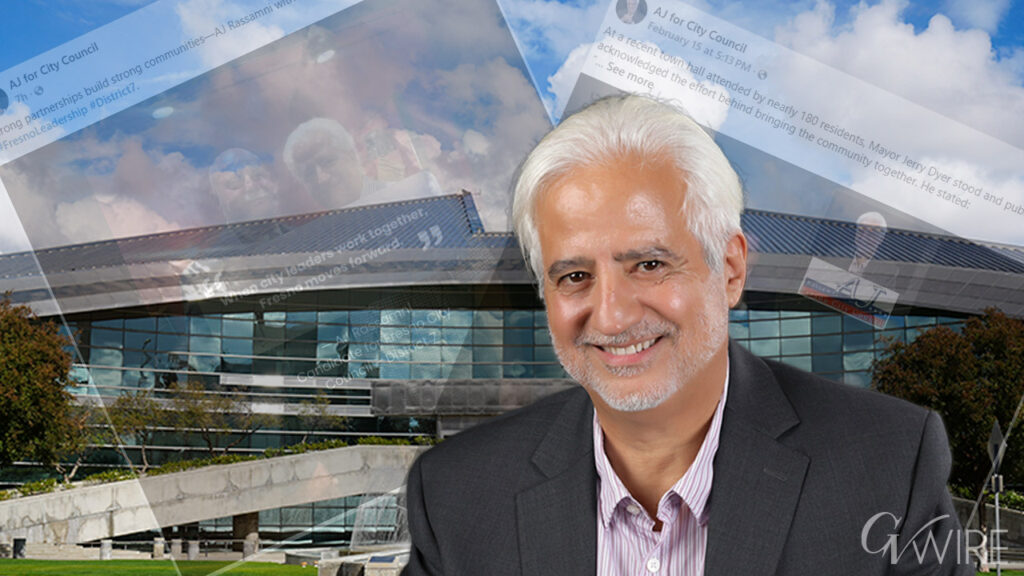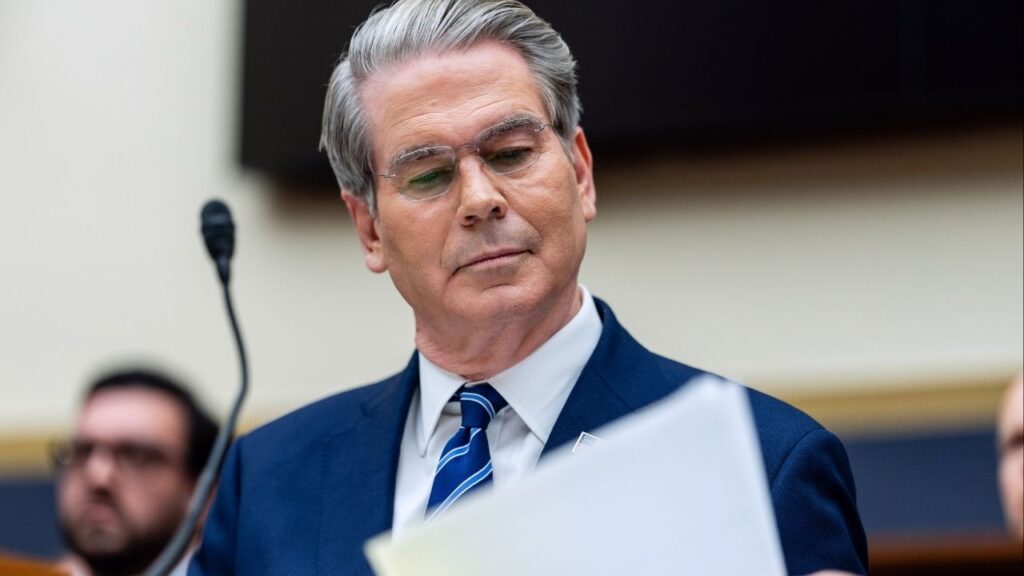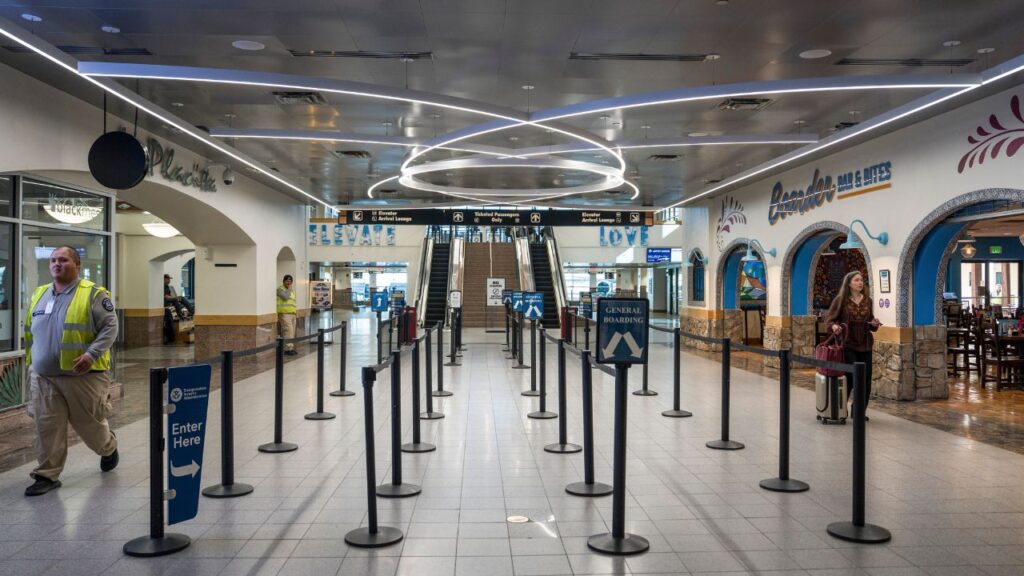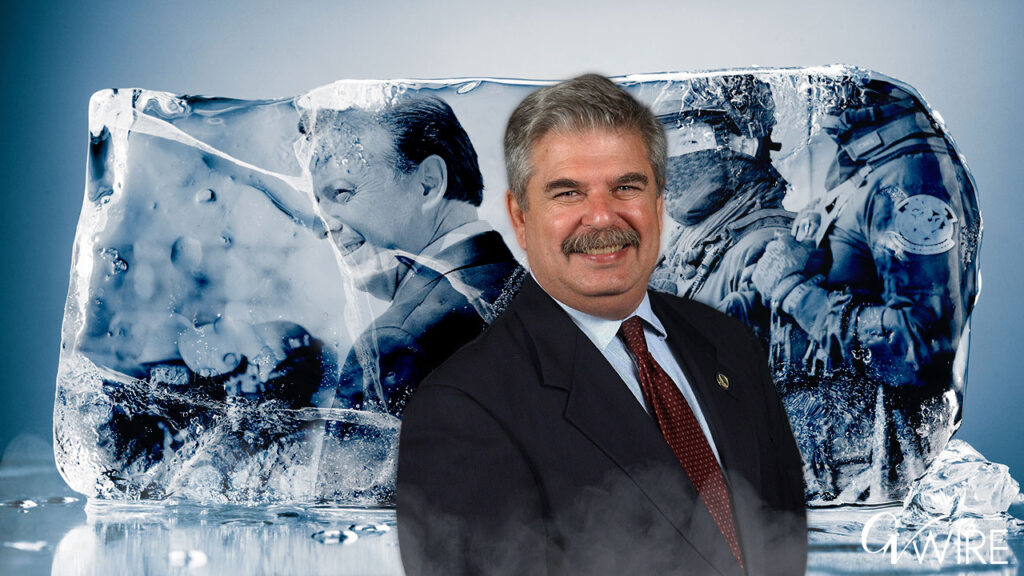Share
There are more questions than answers as the Fresno Historic Preservation Commission discussed how to handle city properties named after racists or bigots.
At Monday night’s meeting, the commission asked city staff dozens of questions of how to accomplish their task given to them by the Fresno City Council. Inquiries included how comprehensive their list of city facilities would be, how to recommend name changes, and whether statues would be included and what to do if they are taken down.
“I see the resolution and it’s quite vague,” said commission member Paul Halajian, an architect.
During the hourlong discussion, the six commission members (there is one vacancy) questioned city staff as to what their purpose will be.
Ultimately, the commission agreed to form a three-member subcommission on how to navigate evaluating names and the next steps to be taken. Those suggestions are scheduled to be heard on Nov. 23.

Determining What the Task Is
On Oct. 15, the Fresno City Council approved a resolution charging the HPC to examine city facilities named after controversial historical figures. Councilwoman Esmeralda Soria, author of the resolution, said she was inspired by a recent revelation about Euless Park.
The park, on Fresno City College’s campus — and not a city property — is home to the college baseball team and in the past has been home to minor league teams. It was named after John Euless, a Fresno businessman and baseball booster who was a member of the KKK in the 1920s.
Staff told commission chairman Patrick Boyd that part of the goal is not only to find similar figures such as Euless, but also develop a plan how to rename old facilities and name new ones.
“Finding the properties, red flagging the properties is one task,” Boyd said. “Coming up with solutions to naming the properties is something completely different. That’s a big item especially if we’ve got a space that has been disrespectfully named and we want to respectfully name it in a good and responsible manner.”
The city provided a list of 70 facilities, mostly parks and community centers. There are many more to go through, staff said. As of now, streets will not be included in the list unless the HPC requests it. No member seemed eager to make such a request.
Dilemma on Moral Judgments
Don Simmons, a commissioner and Fresno State sociology professor, said this could be an opportunity to name properties after underrepresented groups.
“We might find that all of these are of one particular ethnic or racial group. And we don’t have any buildings or parks or other city facilities named after, for example … after any Hmong leaders in our community or after any LGBTQ leaders in our community or after women,” Simmons said.
Commissioner Jason Hatwig, an engineer, also wondered about how the future may judge newly named properties.
“What if they fail? What if they become horrific? Now we’ve got another issue on our hand,” Hatwig said.
Halajian questioned how to balance people who did good and bad.
“It’s up to us to decide if the really great they did for society offsets the character flaws,” Halajian wondered.
“I think that’s the big question mark,” Boyd answered.
Halajian also questioned his ability to make those calls.
“I don’t know that I’m educated enough and can get educated enough in a short amount of time to make those kinds of really, really murky decisions,” Halajian said. “I suspect some of these will be will be quite cut and dry. They’ll be sort of obvious. Others will be in a very, very gray realm.”
The commissioners sounded uneasy about deciding past behavior with a modern lens.
“I don’t make moral judgments on them. They are what they are,” commissioner Kristina Roper, a Fresno State anthropology professor said.
A Diversity Problem
Simmons said the apparent all-white racial characteristic of the HPC could be an issue.
“The makeup of our commission will be called into question and people will take note of our racial and ethnic backgrounds as well, and making those judgment calls on what is problematic and what is not,” Simmons said.
One solution would be to rely on outsiders to help with research. For now, Boyd, Roper and Hatwig will form the subcommittee with the city’s historic preservation specialist, Alicia Gonzales.
The HPC’s recommendations are due back to city council in mid-December.
RELATED TOPICS:
Categories



















